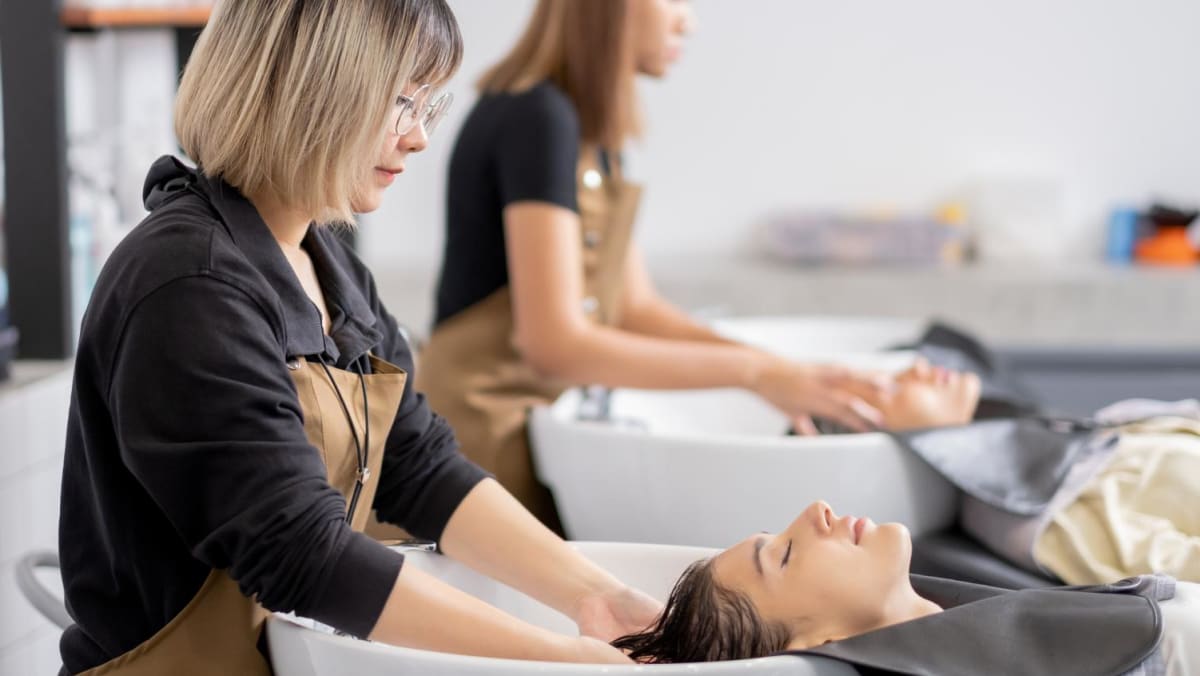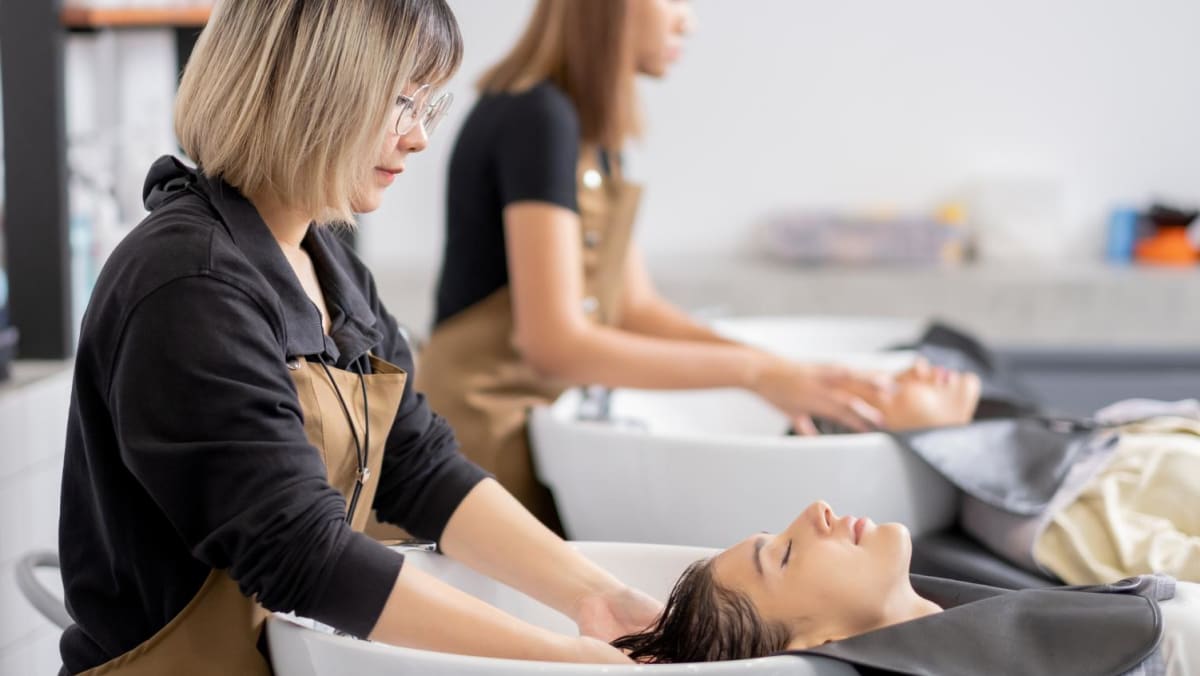Commentary: Why is hard-selling prepaid packages so common across Singapore beauty salons?


SINGAPORE: The beauty service industry in Singapore unfortunately has a poor reputation because of a few bad actors. The latest of these is beauty salon chain Salon One, which was accused of engaging in pressure sales tactics at some of its outlets. The salon also received a warning for making false health claims over its treatment.
Singapore’s consumer watchdog, the Consumers Association of Singapore (CASE), received more than 1,400 complaints against the beauty industry in 2022, accounting for about 10 per cent of all the complaints it received.
Prepaid packages often feature in pressure sales tactics across beauty service providers. You’ve probably heard the horror stories or even experienced them yourself: A salesperson places the customer in a closed room and points out all their physical flaws, then offers a limited-time special promotion for treatments to address them.
A friend who went through this described the experience as unpleasant and suffocating. She felt trapped in the room until she agreed to buy more sessions. She ultimately gave in and purchased the smallest package.
Despite finding the treatment satisfactory, she never returned because the experience left a negative impression, and did not want to go through it again when her package ended. She would rather waste the money that she had spent.
The beauty salon lost a potential long-term customer and gained a negative reputation among my friend’s social circle. So why are hard-selling prepaid packages still a common practice in the industry?
PREPAID PACKAGES PROTECT SALONS
From a business perspective, prepaid packages protect the salons that sell them. Running a beauty salon requires significant capital, including rental, staffing, as well as purchase and maintenance of equipment.





